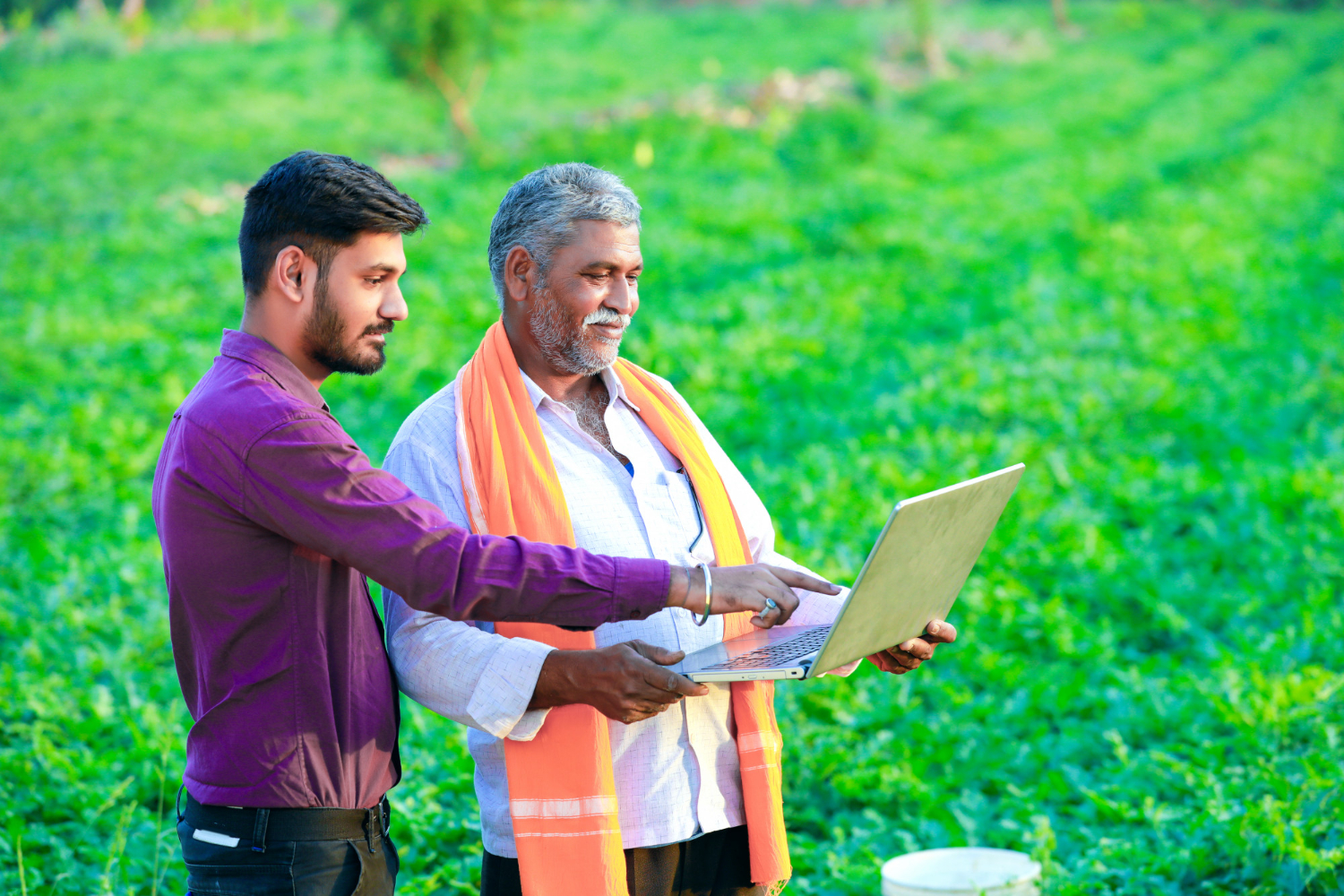
Project Finance in Rural Area
In the context of rural India, project finance typically involves funding initiatives such as building roads, bridges, schools, healthcare facilities, electrification projects, agricultural infrastructure, water supply projects, and other development initiatives tailored to meet the specific needs of rural areas.
These projects are often undertaken by various stakeholders including government agencies, non-governmental organizations (NGOs), development finance institutions, commercial banks, and private investors.
The financing arrangements for rural projects may include a mix of debt, equity, grants, subsidies, and other financial instruments.
The unique characteristics of rural projects, such as longer gestation periods, higher perceived risks, and sometimes limited revenue streams, may require innovative financing structures and risk mitigation strategies to attract investment and ensure project viability.
Additionally, factors such as government policies, regulatory frameworks, social impact considerations, and environmental sustainability also play crucial roles in shaping project finance initiatives in rural India.

Following are the procedure steps:
1. Project Identification and Feasibility Study: 2. Project Planning and Structuring:
Structure the project financing plan considering various sources of funding, including debt, equity, grants, subsidies, and other financial instruments.
3. Legal and Regulatory Compliance:
Obtain necessary approvals, permits, licenses, and clearances from relevant authorities.
4. Risk Assessment and Mitigation:
Develop strategies to mitigate these risks and enhance the project's resilience.
5. Financial Structuring and Fundraising:
Approach potential financiers, including banks, development finance institutions, investors, and government agencies, to raise the necessary funds.
6. Negotiation and Documentation:
Prepare and finalize legal documentation, including loan agreements, equity investment agreements, security documents, and other contractual arrangements.
7. Implementation and Project Management:
Monitor progress, manage resources, and address any issues or challenges that may arise during the implementation phase.
8. Monitoring and Evaluation:
Conduct regular reviews and assessments to measure the project's impact, effectiveness, and sustainability.
9. Reporting and Compliance:
Ensure compliance with all financial, legal, and regulatory obligations throughout the project lifecycle.
Here are a few reasons for you to apply for a Project Finance in Rural Area at Livanity:
Fast assistance: At Livanity, you can contact us at any official working hours of the day.
Customer needs in forefront:
Your needs are our priority. We promise to deliver you with services that are best on our capabilities. By handpicking loan offers based on customer profile, we try to give you the most personalized experience.
Compare Offers Online:
With more than 100 lenders as partners, you can compare the different offers of financial institutions to make the right decision. In fact, we help you find the best lender as per your eligibility requirements. There is a personalized relationship lender for every customer who helps him/her select the bank of his/her choice.
Real-time customer support:
Our customer support team is fast and efficient to clear all your doubts regarding loan eligibility, procedures, offers, documentation and repayment options. We even contact with the respective lender on behalf of you.
